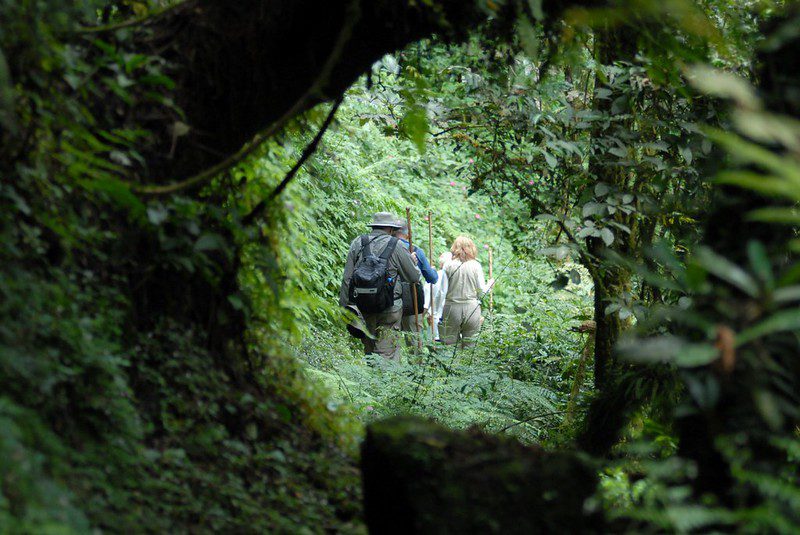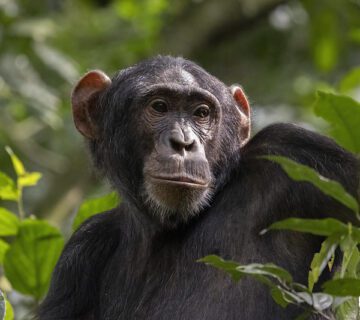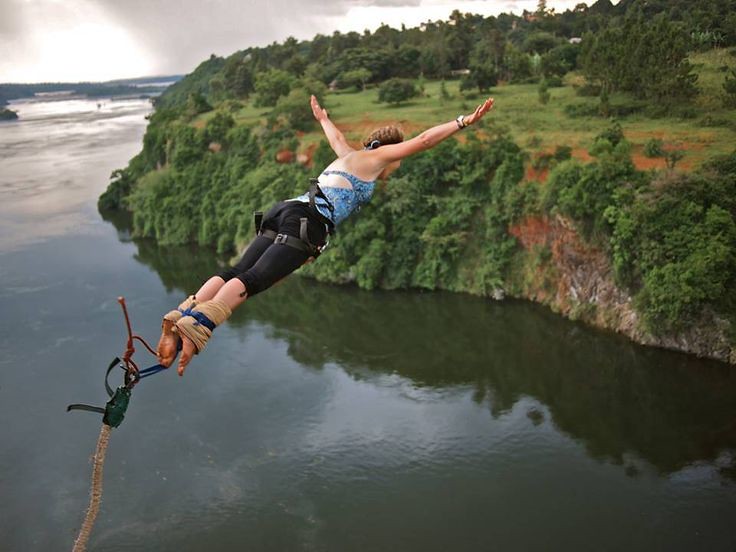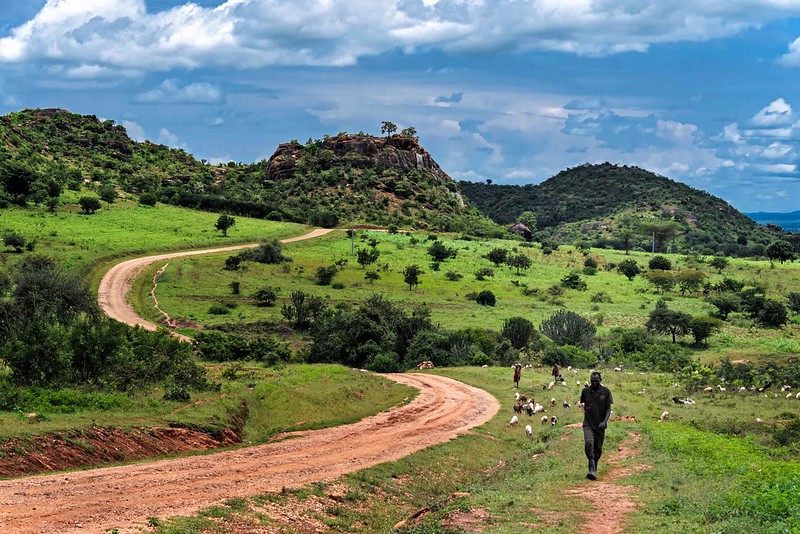We urge that you study and research the areas you are going to while you plan your vacation and before you travel, regardless of where you are going or how you are travelling. We strongly advise you to do so, as we advocate that all of our travellers stay current with current foreign office guidance on their target destinations.
Rwanda’s civil conflict dominated global news in 1994. This became regarded as ‘Rwanda’s genocide,’ with hundreds of thousands of people slaughtered. It is still the first thing that most people think about when they hear the term “Rwanda.” The country is now quiet after more than 20 years. Rwanda’s democratic government encourages cooperation, and the Rwandese are living happily ever after. Many people want to tell their stories, to let the world know what occurred, and to safeguard their nation from it occurring again.
In Rwanda, there is no time difference between winter and summer; it is always two hours ahead of Greenwich Mean Time (GMT+2).
Rwandan currency
The Rwandan franc (RWF) is the country’s currency.
The international dialling code for Rwanda is +250. When dialing from Rwanda, dial 0044 for the United Kingdom or 001 for the United States, followed by an area code and local number.
Rwanda offers visitors a nice tropical highland climate, while rain is not unusual.
Travelling in Rwanda is quite simple if you have your own 4WD vehicle and driver. Although the main arterial routes are paved, some rural roads are not and might be in bad shape.
Rwandan food
Rwandan cuisine ranges from average to excellent. Fresh fruit and Belgian-inspired food are usually excellent; otherwise, while cleanliness standards are generally high, outcomes might vary. The majority of Rwandese people eat sweet potatoes, peas, maize, beans, millet, and fresh fruit like avocados, mangos and papayas. Rwandan traditional cuisines include umutsima (cassava and corn), isombe (cassava leaves with eggplant and spinach), and mizuzu (fried plantains). Local beer and ikigage, a locally produced sorghum beer, are available as beverages.
Rwandan Health
Kigali has Western-standard medical facilities; elsewhere, amenities are basic. You should be up to date on your vaccines for typhoid, tetanus, polio, diphtheria, and COVID 19. If you are transiting via a yellow fever-endemic nation, a yellow fever certificate is normally required for admission into Rwanda.
Malaria is still prevalent in most African societies, including Rwanda. The distribution of mosquito nets, as well as widespread awareness and treatment in hospitals, has helped to halt the growth of Malaria. Visitors are recommended to bring bug repellants with them to minimise mosquito bites, which can cause Malaria.
In Rwanda, AIDS is rampant, and HIV infection rates are high. In general, travellers should be informed of the present situation and take the same measures to avoid infection as they would in most other countries. We believe that blood supplies utilised by private institutions in this area have been thoroughly checked for many years.
Given the international outbreak of COVID-19 in 2019, travellers entering Rwanda must provide a COVID-19 certificate as confirmation of complete immunisation. Visitors must pass a mandatory test for COVID-19 in order to enter tourist destinations (at their own expense). It’s no secret that all countries are taking every precaution to prevent the spread of the deadly coronavirus.
Rwandan language
Kinyarwanda (a Bantu language often known as ‘Rwanda’ or ‘Ruanda’) is the major language spoken in Rwanda. French is widely spoken, and many people who interact with guests speak English as well.
Visas are required for Rwanda.
We believe that visitors of all nations must get a visa before visiting Rwanda; currently (February 2019), this costs US $30 and may be obtained on arrival. Things to Know Before Travelling to Rwanda; however, always verify with your local Rwandan Embassy in your country of origin.
Bags made of plastic
Rwanda is without a doubt one of the cleanest countries in Africa. In 2008, the Rwandan government outlawed the use of all non-biodegradable plastic bags. On large signposts, warnings have been posted on all four corners of the Kigali airport. Travellers’ baggage is checked, and those discovered using polythene are punished and occasionally imprisoned, depending on the severity of the offense. The fine imposed is 50,000 Rwandan Francs, which is around $61. As a traveller, you must consequently take care to follow the laws as established by the government.
Crime
Rwanda is a largely crime-free nation with very nice and hospitable people who smile at the sight of guests. The established security institutions ensure the safety of guests, which explains the expansion of Rwanda’s tourism sector. Visitors must be cautious, just as they would in any other nation; pickpockets are active in busy areas, so keep an eye out. Tourist crimes are uncommon, and most visitors have been able to come without incident.
Local regulations
Visitors must be informed of Rwandan legislation in order to avoid fines and perhaps jail time. Drug use, possession, and trafficking are all illegal in Rwanda, and offenders face harsh penalties. Driving while intoxicated or using a cell phone is a traffic infraction punishable by law. Photographing the army, government buildings, and border crossing locations is strictly forbidden. Unsuitable discussions regarding the genocide are criminal and might land you in jail if not managed. Things to Know Before Visiting Rwanda
The Genocide in Rwanda
Thousands of Rwandans were killed in the 1994 genocide, which occurred shortly after the killing of then-President Juvénal Habyarimana in a plane crash. Many Rwandans were traumatised as a result of being relocated during this upheaval. As a result, the Rwandan government enacted legislation to curb hate speech and promote unity and peace. Travellers are warned to avoid any discussion of genocide that fosters hatred and is improper, since this may result in fines or even jail for those implicated.
Travel protection insurance
Anyone travelling to Rwanda is expected to have health insurance; those who arrive without it are given 30 days to get it sorted out as quickly as possible. Rwanda’s health services are inadequate, and you may not be able to get some of the medical assistance you require as a traveller.





